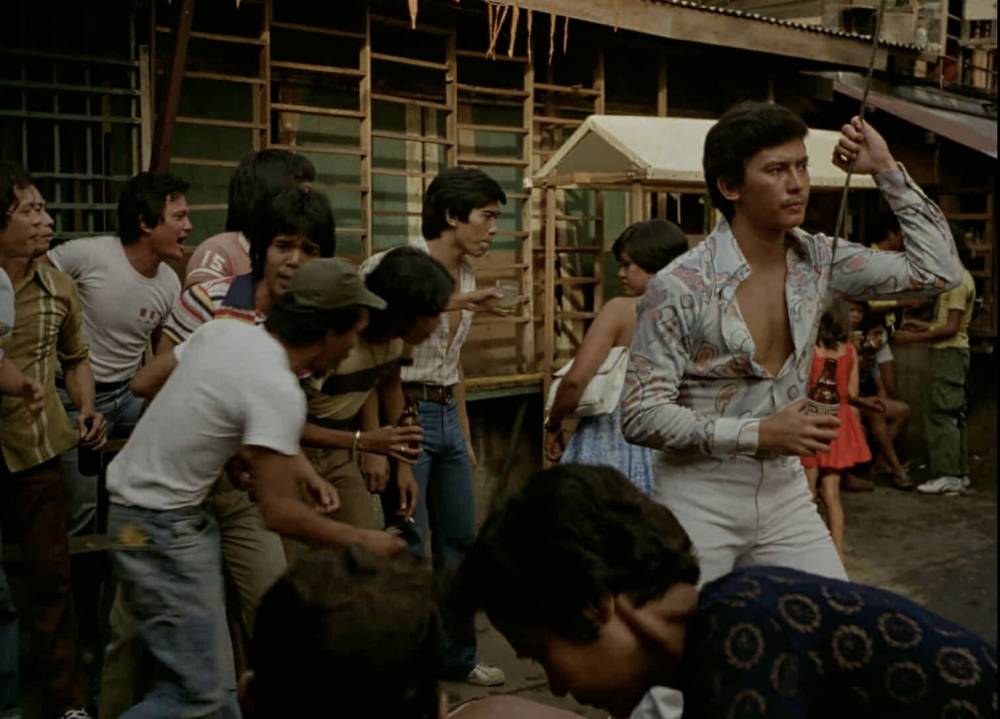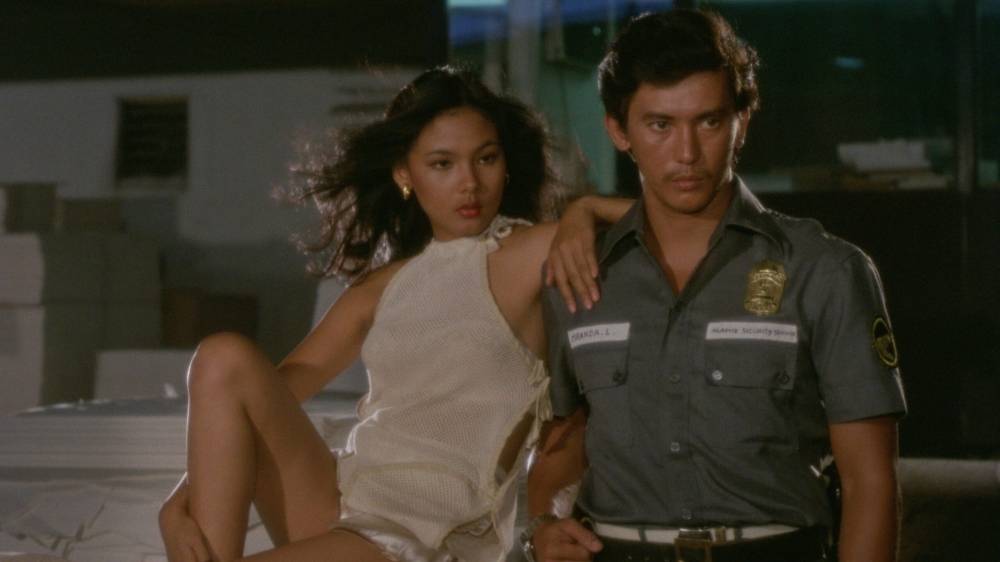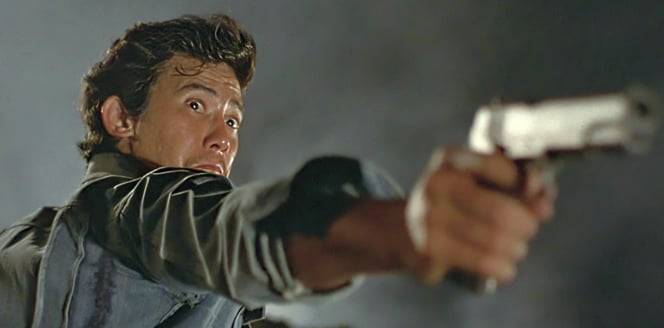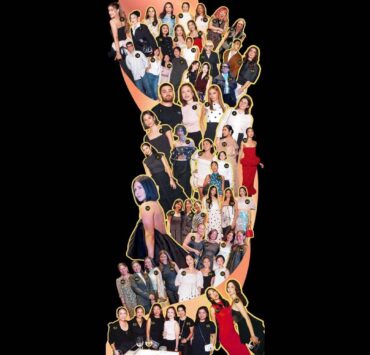‘Jaguar’ and the illusion of inclusion

Since its release in 1979, “Jaguar,” the acclaimed neo-noir crime classic by Lino Brocka, remains one of the most searing commentaries on social inequality in Philippine cinema.
Restored in 4K through the Film Development Council of the Philippines, and recently screened at the 7th Sinag Maynila Film Festival, the movie reemerges and reveals Conrado Baltazar’s cinematography with renewed clarity—all the better to illuminate the portrait of class, aspiration, and betrayal that it paints.
Written by Ricky Lee and Pete Lacaba—and loosely based on the Nick Joaquin essay “The Boy Who Wanted to Become Society” (written under his pen name Quijano de Manila)—this tragic tale follows Poldo Miranda, a publishing house security guard, who, like a moth to a flame, gets lured into the glow affluence, only to get burned by exploitation and driven into crime.
The formidable creative minds behind the cameras depict class dynamics in ways both veiled and overt. But all too often, it’s the seemingly harmless words that cut the deepest—remarks deceptively sharp, you don’t even realize you’re already bleeding.
In the slums of Tondo, where survival leaves little room for vanity, Poldo—played by Phillip Salvador, then in his physical prime and being groomed as an action star—is a conspicuously out-of-place figure. Around neighbors who waste their days drinking, he’s well-groomed and neatly dressed, and once in a while, flashily so—as if manifesting the kind of life he aspires to have.

Veiled contempt
But try as he might to put up appearances, Poldo’s wealthy and spoiled boss, Sonny (Menggie Cobarubbias), and his crew see right through him, down to his cheap belt. A defining, but almost imperceptible, moment of contempt happens when Poldo declines a drink and an offering of marijuana. “Baka rugby ang gusto nyan,” one of Sonny’s idle friends quips.
Growing up with no friends, Poldo misreads their condescension as a test of loyalty and a genuine gesture of brotherhood. Like an exotic pet, he’s named “Jaguar”—a play on the word “gwardya.” Jaguar won’t hesitate to throw punches. He will also gladly take one or two. He will use his body as a shield if it means being rewarded with scraps of meat and a pat on the back.
Today, Poldo’s kind of overreach would have likely been met with the snide remark: Hindi ka tagapagmana. Still, he acts this way. He has to. And the film offers a simple but crucial insight into his psyche—one shared by many others today trapped in servitude and the same illusion of inclusion: By securing his master’s safety, he also secures his own sense of worth.
The women in his life—having long navigated the patriarchal world Poldo is part of and is therefore blind to—see what he can’t. When he marvels at his boss—“Saan ka makakakita ng amo na ang trato sa ’yo ay kaibigan?”—his mother (Anita Linda) cuts through his naivete: “Sa tingin ko’y ginagawa kang atsoy.”
And when his romantic interest and pragmatic foil, the club dancer and aspiring actress Cristy (Amy Austria), asks Poldo if he thinks Sonny is a good person, she does so not out of curiosity—she’s challenging him to reflect and come to his senses.

The price of proximity
Like Poldo, Cristy comes from the slums she hopes to leave behind. But unlike him, she isn’t blinded by the spotlight, the same way Poldo is intoxicated by the feel of designer hand-me-down shirts plucked from his master’s cabinet, or the way he feels seen when he ends up on a comic book cover with Cristy—never mind that he’s just a handsome prop.
It’s the same semblance of recognition that feeds today’s clout-chasers, who derive worth from visibility and proximity to the circles they desperately long to belong to.
But proximity isn’t belongingness—and that is Poldo’s fatal error. While they both leverage physical presence for access, Cristy sees proximity as a transactional means to an end—a tool to book roles and advance her career. Poldo sees it as the goal itself: an identity to assimilate.
He can tag along with Sonny and his cohorts as they hop from one club to another. He can wear the same clothes or drive their car. But he will never be them. Because proximity still implies distance, and the gap between the rich and poor never feels vaster than when shit hits the fan.
From menial errands to reckless antics, things inevitably spiral—until one needlessly violent night, there’s a gun in Poldo’s hand and a dead body at his feet. Direk (Johnny Delgado), Sonny’s frenemy, is the same man Poldo beat to a pulp to get into the inner circle, and the same man he puts a bullet through that gets him kicked out. Soon, he’s on the streets, discarded and running into the dead of night—over nothing but a petty quarrel about a girl.
The cruelest irony
A Palme d’Or nominee at the 1980 Cannes Film Festival—the first Filipino movie to compete in the main competition—“Jaguar” offers a portrayal of class that’s both immediate and far-reaching, zooming in on the personal before pulling back to reveal the bigger picture.
Impunity is smoking weed in a stranger’s home and treating a street brawl as entertainment—a circus they can giddily hop into and hop out of unscathed. Impunity is also Sonny’s father pulling strings and bending the law to protect his son in the aftermath of the crime. Poldo’s mother, on the other hand, can only pack her son’s clothes, prepare him for the inevitable, and tearfully see him off.
Perhaps film’s cruelest irony is that Poldo’s fate is utterly unbefitting of his nickname. A jaguar is a powerful creature that thrives in predatory independence. In the end, he becomes the hunted.
At prison, Poldo—a lighter in hand—manically flicks its flame, the flame he was once drawn to. And with Sonny’s hollow promises of salvation in exchange for silence ringing in his ears, Poldo reckons with the senselessness of it all, and the mindless obedience that became his own undoing.
Finally, the Jaguar awakens—only behind a cage, only a little too late. Or is it?





















